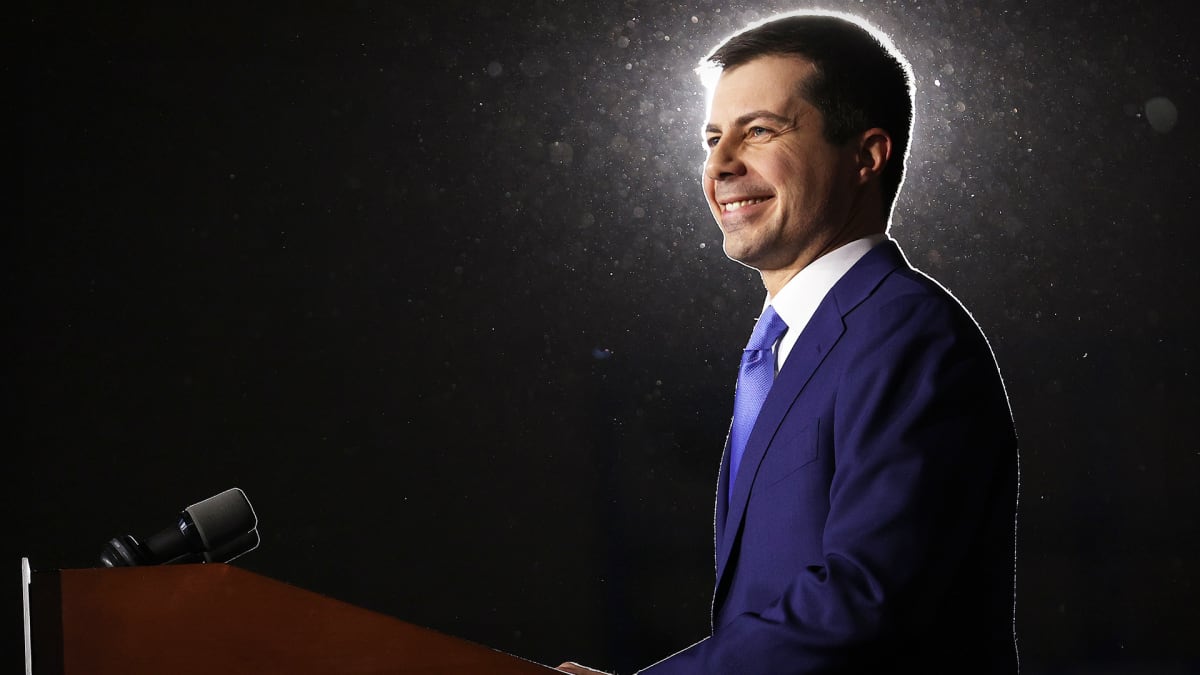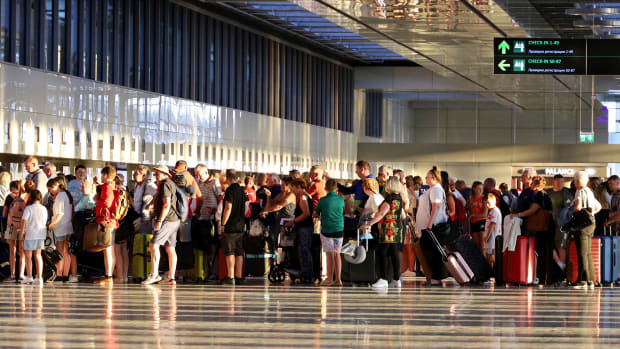
If you had to fly in to any big city on the East Coast, the last few days were a particularly bad time to do it — amid an outbreak of thunderstorms and heavy rain, airports in New York, Washington, D.C., Philadelphia and Atlanta all delayed and halted large numbers of incoming flights.
According to plane tracking site FlightAware, more than 1,400 flights on June 25 canceled entirely while 40% of all flights of coming into Newark's Liberty Airport and New York's LaGuardia Airport faced some sort of delay.
DON'T MISS: Why Airlines May Have To Pay You For Canceling Your Flight
While weather was responsible for much of the issue, the situation was also exacerbated by problems with air traffic control and outdated airline communications systems.

Image source: Shutterstock
This Is the Single Biggest Problems Travelers and Airlines Face This Summer
Another looming concern, U.S. Secretary of Transportation Pete Buttigieg recently warned travelers and airlines, is the need to retrofit airlines for when wireless carriers like Verizon (VZ) and AT&T (T) receive clearance to boost their signals to 5G on July 1.
While 80% of planes flying domestically have already made the switch in advance, delays and complications for some older models can prevent planes from landing in low-visibility conditions due to interference from the signals.
"There's a real risk of delays or cancellations," Buttigieg told the Wall Street Journal in an interview. He added that it's "one of the biggest" and "probably the biggest foreseeable problem affecting performance this summer."
While several airlines have asked for an extension of the deadline for carriers to switch to 5G, the Federal Aviation Administration (FAA) and the Biden administration have settled on July 1.
In a June 23 letter to airline association Airlines for America, Buttigieg said that lack of retrofitting could be the single biggest cause for delays like the one seen over the June 24-25 weekend as well as create an additional handicap amid a summer season that is already slated to be busier than ever.
'Not Every Air Traffic Variable Is Within An Airline's Control
Buttigieg also drew attention to the nearly 50 million Americans expected to travel at some point during the upcoming Fourth of July weekend. As bad weather is predicted to last in many Eastern cities, delays similar to those seen last weekend could cause problems during an even busier time.
In the interview with Wall Street Journal, Delta Airlines (DAL) revealed that about 20% of its fleet will not be ready for the July 4 weekend due to problems with the supply chain.
In response, Airlines for America said that U.S. airlines have scaled back 10-15% of the flights originally planned for June and July in order to ensure that the ones which do take off are fully staffed while also "accelerat[ing] robust hiring" and allowing for "more flexibility for itinerary changes" from travelers affected by delays.
"The industry is actively and nimbly doing everything possible to create a positive customer experience since it is in an airline's inherent interest to keep customers happy, so they return for future business," the association said. "However, not every air traffic variable is within an airline's control. [...] In many instances the weather requires the Federal Aviation Administration to institute Ground Delay Programs or other traffic management initiatives that slow the ATC system for many hours."
Get exclusive access to portfolio managers and their proven investing strategies with Real Money Pro. Get started now.







